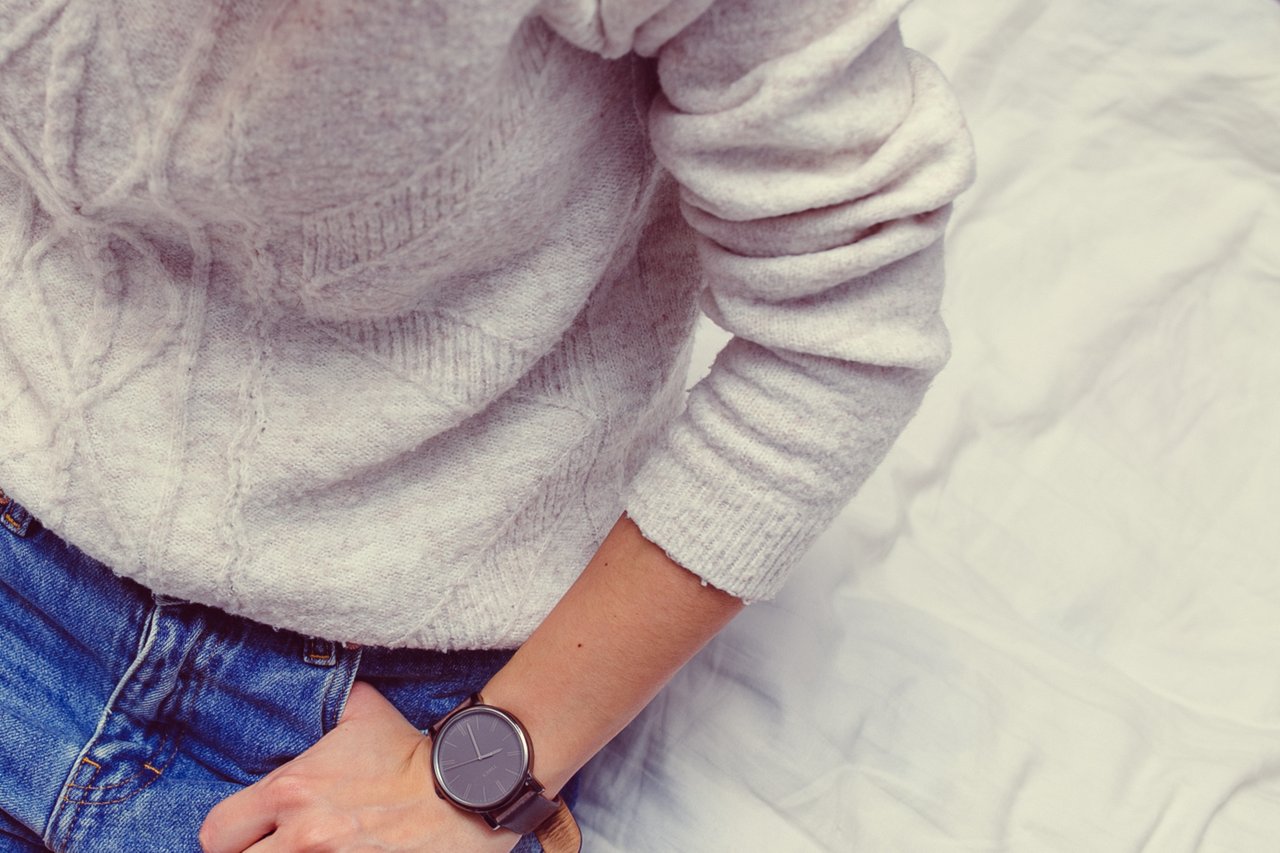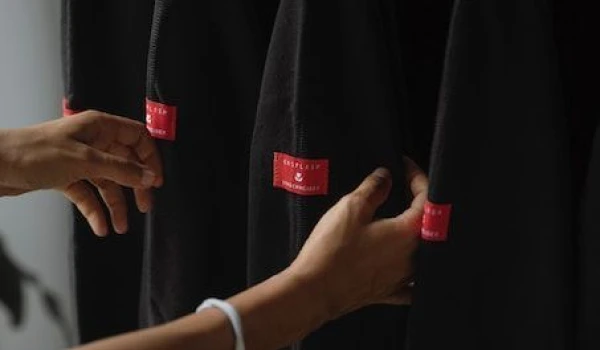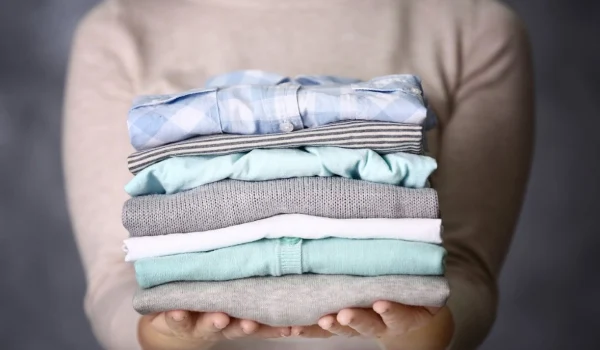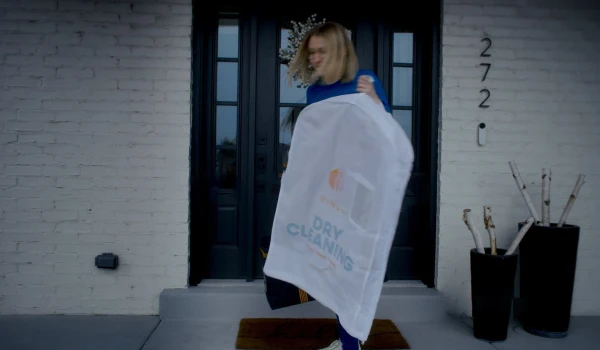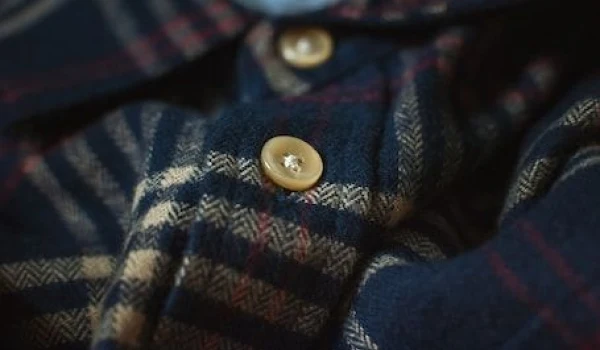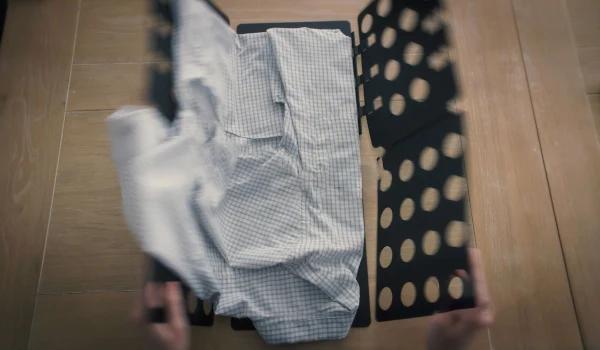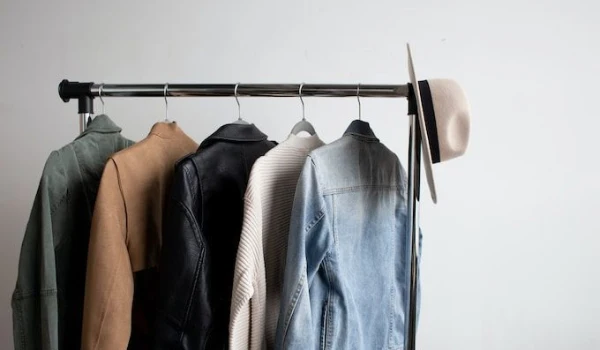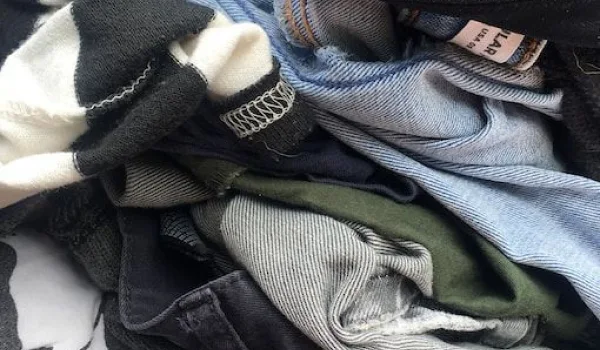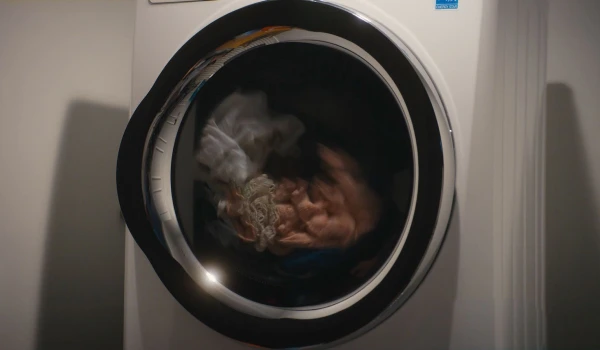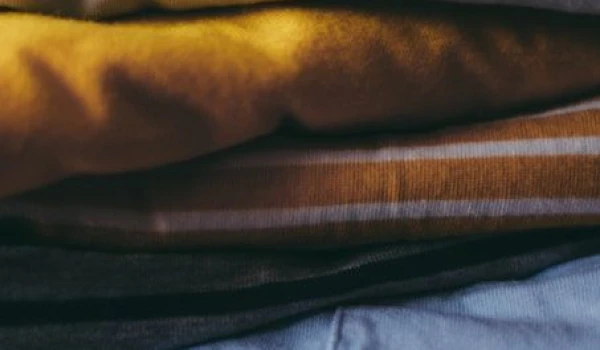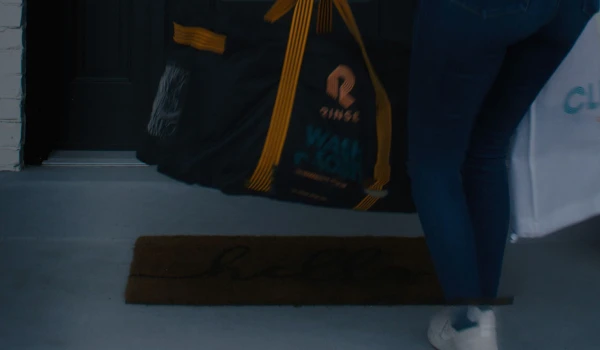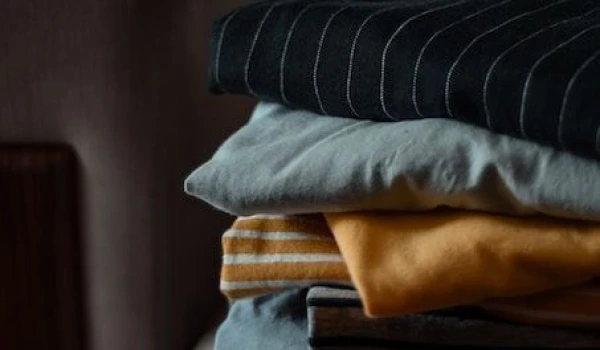Clothing labels are the first point of reference when it comes to clothing care – the little tag on your favorite sweater provides helpful washing instructions to ensure your cherished item gets the proper care it needs. Let's have a look at a few common fabrics that should be dry-cleaned professionally and which ones you can take care of in your laundry room.
Fabrics That Need Professional Cleaning
Silk
Silk is a delicate and luxurious fabric that requires special care to maintain its structure and appearance. Dry cleaning ensures that its texture, color, and shape are not distorted. Hand washing is sometimes an option, but the best way to keep your silk garments in top condition is by taking them to your dry cleaner.
Velvet
Similar to silk, velvet is also an upscale fabric that falls under the delicate category. In particular, it is sensitive to water and moisture. Wet cleaning can lead to shrinkage or spots that are hard to remove. Avoid risking your garment and preserve its beauty – take it to the dry cleaner.
Wool
Wool is a natural and special fabric that should either be washed by hand or taken to the dry cleaner. Avoid putting your favorite sweater in the washing machine to prevent any unwanted surprises.
Leather
If you've finally scooped up that vintage leather jacket you've been eyeing all season, you'll want to make sure it lasts. For a quick fix to take care of any stains, start by scraping off the residue, but make sure to keep it away from water, which can damage the material. After that, trust it to an experienced dry cleaner for long-term maintenance.
Other Fabrics
Besides silk and leather, other upscale fabrics – including chiffon, linen, rayon, and suede – should be brought to a professional cleaning service to preserve their natural luster and form. You'll also want to entrust suits and most professional wear to the care of a professional.
Fabrics That Can Be Washed at Home
Cotton
Cotton is a versatile and durable natural fabric that can be washed in warm or cool water with regular detergent. Just because an item can be machine-washed doesn't mean that you should subject it to a hot soak – heat can cause colors to fade. If you are not washing with cold water, separate your garments by color to avoid bleeding.
Knits
Knit garments are usually made of natural fibers like cotton or wool. As such, follow the instructions on the care label to ensure proper care to avoid stretching, pilling, and distortion. In addition, make sure the detergent you use is suitable for delicates – do not use bleach.
Polyester and Other Synthetics
Synthetic fabrics such as polyester and nylon are safe to wash in a machine using warm water on either the delicate or permanent press cycle, but take care when drying these items to avoid permanent wrinkling. Using a mesh bag is also a good idea.
More luxurious pieces such as cashmere blends should always be washed by hand in cold or lukewarm water with gentle laundry soap. Don't wring the fabric as it may ruin the material. Instead, take care to dry flat on a drying rack or use a drying mesh rack to help the clothing keep its shape. If you're pressed for time, place the item in a laundry bag and select the most delicate cycle on your machine to mimic the hand wash process when laundering at home.
If you're ever unsure about your clothes, check the label. Our handy clothing label guide breaks down common symbols and instructions so you can avoid any laundry mishaps.
Or if care label instructions have you feeling overwhelmed, you can leave the cleaning to Rinse. We offer Wash & Fold, Dry Cleaning, and Hang Dry to ensure your clothes are taken care of appropriately. Sign up for free and schedule your first pickup at your earliest convenience.
Can Hand Wash Items Be Dry Cleaned?
Yes, but it depends on the fabric. Dry cleaning-friendly materials like linen, cashmere, and silk can be taken to dry clean, but always bring it to the attention of the cleaner. Chemicals such as perchloroethylene (perc) or tetrachloroethylene are not always ideal for garments with a "hand wash only" tag.
You might also be wondering if you can do home dry cleaning instead of going out and paying for the service. The short answer is yes but be warned that different fabrics have different care requirements. There are special cleaning kits that you can purchase, typically containing solvents, cleaning solutions, and stain removers along with instructions on how to use the kit. Follow the steps carefully, place your clothes in the reusable bag provided, and run your dryer as directed by the kit. Remember to air your clothes afterward.
The Real Deal About At-Home Denim Care
Contrary to popular belief, denim isn’t the sort of fabric you can put through the ringer – or in this case, the dryer. Despite being a very durable material, proper jean care is quite particular. Most jeans should be washed inside-out in cold water and hung to dry, although some high-end denim would even benefit from a dry clean. And when it comes to raw denim, which means denim in its purest, non-distressed form, the best washing practice is not to wash at all. If you find yourself with a stain, simply wipe it away with a damp cloth, or take it to the experts for extra help.

Caring for Special Items

There are certain pieces in your closet that require special attention like that suede fringed dress or straw sun hat. Use a damp cloth to wipe away dirt, dust, or sweat stains from your hats, and be sure to keep them in a cool, dry spot rather than out in the sun to avoid color damage. The embellishments on that dress can make it extra difficult to care for. Most sensitive details like fringes and sequins require hand washing in a gentle detergent, while embroidered pieces should be machine washed inside-out and placed in a mesh laundry bag on the delicate cycle.
When in doubt, visit your trusted dry cleaner for proper care of any attire. Most modern services offer a full menu of options to suit all your clothing care needs, but if your neighborhood cleaner doesn't have the resources in-house, they'll likely know about a great specialty cleaning service in town and can outsource your item to ensure it's well-treated.
Photos: Irene Lasus, Matthew Wiebe, Kasia Serbin, Eranicle, Alex Blăjan



